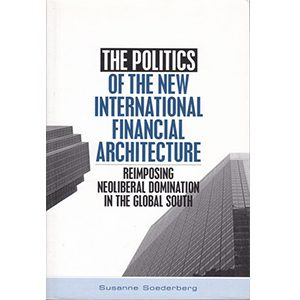After the Neocons: America at the Crossroads
A critique and reformulation of US foreign policy from one of the world’s leading thinkers – who formerly regarded himself as a ‘neocon’. Attacking the right-wing policymakers he had previously associated with, Francis Fukuyama argues that the Bush administration, in the war in Iraq, has wrongly applied the principles of neoconservatism – a philosophy that is vital to the arguments about Iraq, but rarely explored, and whose history he carefully untangles. He goes to explain why the US did not realize how much foreign hostility there would be towards the war, or how difficult reconstruction would be, and connects the problems in Iraq to wider patterns that include recent revolutions in Eastern Europe. Showing that there is no established tradition in international relations theory that can help guide American foreign policy today, Fukuyama then outlines a new approach. This emphasizes the importance of solving the problem of development and of creating multiple international institutions. It would also avoid preventive war, as Fukuyama explains in his usual clear and penetrating style.
RM60.00
Out of stock
Description
A critique and reformulation of US foreign policy from one of the world’s leading thinkers – who formerly regarded himself as a ‘neocon’. Attacking the right-wing policymakers he had previously associated with, Francis Fukuyama argues that the Bush administration, in the war in Iraq, has wrongly applied the principles of neoconservatism – a philosophy that is vital to the arguments about Iraq, but rarely explored, and whose history he carefully untangles. He goes to explain why the US did not realize how much foreign hostility there would be towards the war, or how difficult reconstruction would be, and connects the problems in Iraq to wider patterns that include recent revolutions in Eastern Europe. Showing that there is no established tradition in international relations theory that can help guide American foreign policy today, Fukuyama then outlines a new approach. This emphasizes the importance of solving the problem of development and of creating multiple international institutions. It would also avoid preventive war, as Fukuyama explains in his usual clear and penetrating style.
Publisher: Profile Books
Hardback
2006
ISBN: 9781861979223






